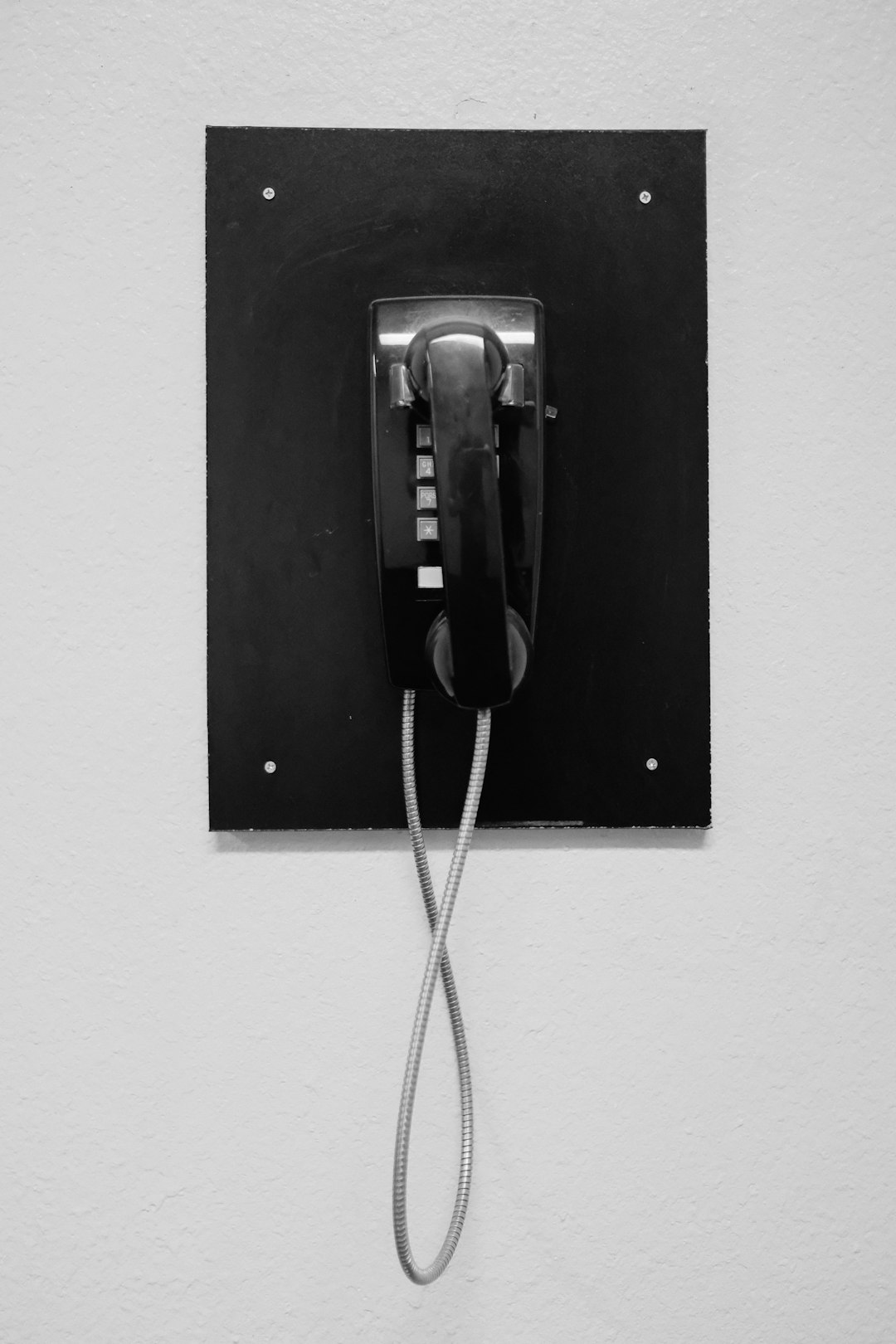Ohio residents can protect themselves from unwanted robocalls by consulting a robocall Attorney Ohio and using built-in smartphone filters to block specific numbers. Registering on the Do Not Call list reduces marketing calls. In cases of excessive robocalls, consider legal action through a qualified attorney specializing in telephone consumer protection laws.
In Ohio, unwanted text messages from robocalls can be a persistent nuisance. Understanding and navigating state robocall laws is the first step. This guide equips Ohio smartphone users with practical strategies to combat these intrusions. Learn how to identify suspicious messages, block senders effectively, and register for Do Not Call Lists. Should legal action be required, consult a robocall attorney in Ohio for expert advice.
Understand Robocall Laws in Ohio

In Ohio, robocalls are regulated by state laws designed to protect residents from unwanted and harassing calls. Understanding these rules is crucial for anyone looking to filter such texts on their smartphones. According to Ohio law, businesses and organizations must obtain explicit consent before initiating automated or prerecorded telephone calls to consumers. This means that if you haven’t given permission for a company to contact you via robocall, it’s considered a violation.
If you’re experiencing an influx of these unwanted calls, consulting with a robocall attorney in Ohio can be beneficial. Legal experts specializing in telecommunications law can guide you on blocking such calls effectively and help navigate the legal framework surrounding robocall regulations to ensure your rights are protected.
Identify Unwanted Text Messages

Unwanted text messages can be a nuisance, often disguised as promotions or notifications from unknown senders. These messages, commonly known as robocalls, can include marketing offers from attorneys or law firms in Ohio, misleading you into providing personal information. To identify these intruders, pay close attention to the sender’s number and message content. Look out for unfamiliar phone numbers, mass messages with generic greetings, or prompts asking for immediate action or sensitive details.
Ohio consumers have rights when it comes to blocking such unwanted communications. Many modern smartphones come equipped with built-in tools to filter and block robocalls. You can also download dedicated apps that specialize in identifying and blocking these intrusive texts. By taking these proactive measures, you can create a quieter, more secure messaging experience, ensuring that only trusted contacts reach your device.
Block senders effectively

Unwanted texts, often from robocalls or unknown senders, can be a nuisance and even a privacy risk. One effective way to combat this is by blocking the senders directly. Most smartphones come with built-in caller ID and blocking features that allow you to prevent specific numbers from contacting you again. This method is particularly useful for robocall Attorney Ohio scenarios where recurring unwanted calls from law firms or legal scammers can be blocked easily.
By managing your phone’s call settings, you can create a personalized list of blockees. Simply access the call blocking feature, add the number in question, and from then on, any calls originating from that sender will automatically be redirected or stopped, ensuring a quieter and more secure communication experience for Ohio smartphone users.
Register for Do Not Call Lists

One effective way to reduce unwanted texts is by registering your number on the Do Not Call (DNC) list. This national registry prevents telephone solicitations, including robocalls from attorneys and other businesses in Ohio. By signing up, you give explicit consent for marketing calls, ensuring a quieter, less cluttered phone line.
In Ohio, you can register online or by mail through the Federal Trade Commission (FTC) website. It’s a simple process that offers significant benefits, especially when it comes to blocking robocalls from attorneys who might be trying to reach you with legal services or promotions.
Seek Legal Advice if Necessary

If you’re facing an overwhelming number of unwanted robocalls, it might be time to consider seeking legal advice from a robocall attorney in Ohio. While there are many DIY solutions and apps available to block calls, some cases may require legal intervention. A qualified robocall attorney can help navigate the complexities of telephone consumer protection laws (TCPA) and ensure your rights are protected. They can guide you on whether a particular case qualifies for legal action, including situations where pre-recorded messages are left despite being registered in the National Do Not Call Registry.
In Ohio, as in many states, there are strict regulations against unwanted telemarketing practices. A robocall attorney can help you understand your options, which may include filing a complaint with the Federal Communications Commission (FCC) or taking legal action against the offending companies. They can also assist in negotiating settlements and representing you in court if necessary, ensuring you receive fair compensation for any distress caused by these unwanted texts or calls.






